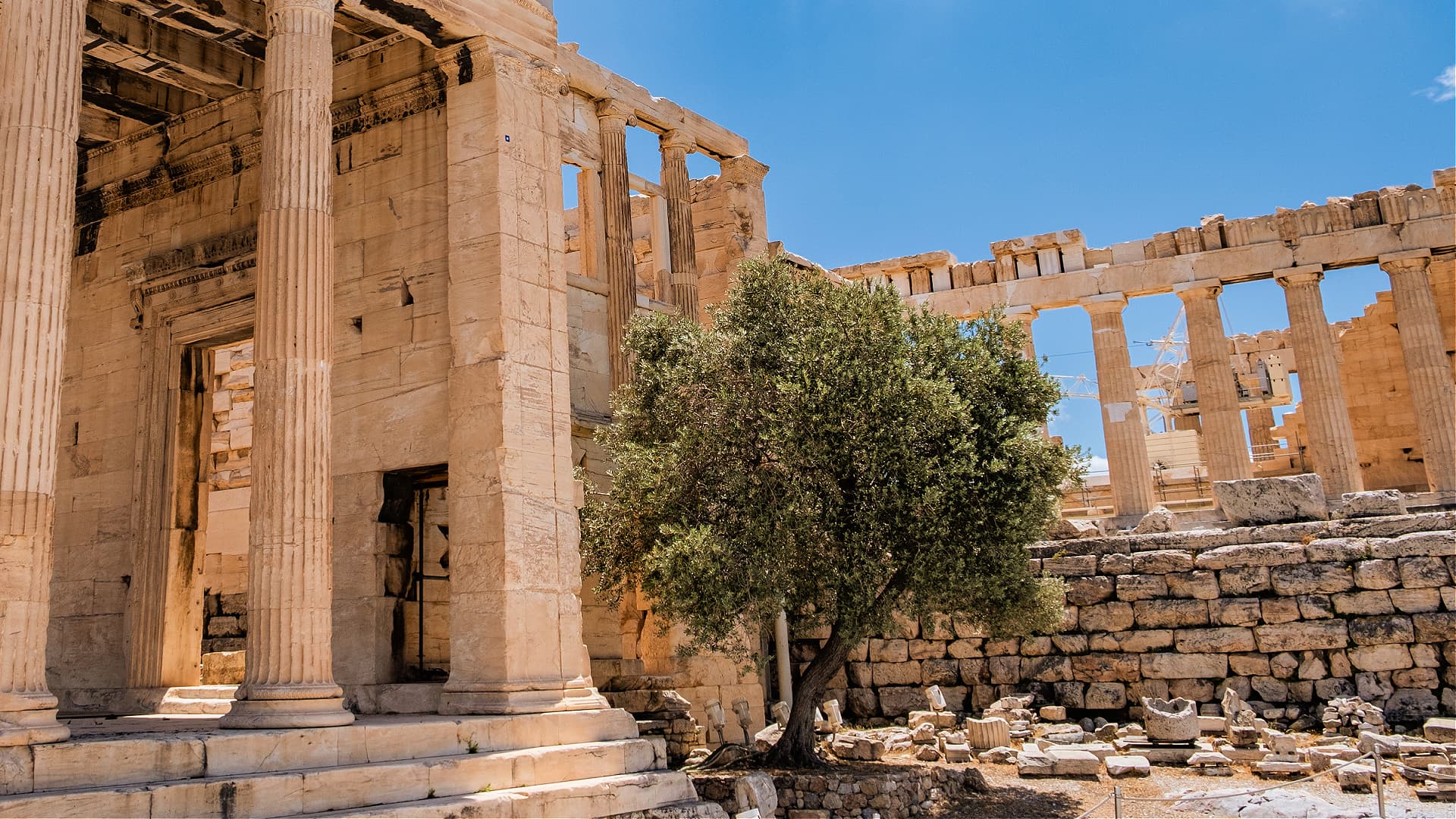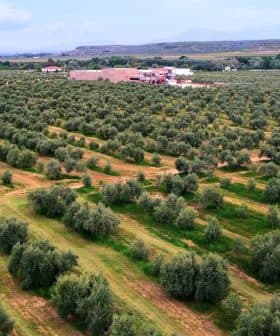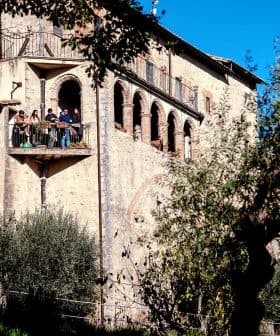The Olive Tree and the Rise of Athens
The story of the divine competition for Athens reflects the ancient Greeks' reverence for wisdom, strategy and life's practical needs.
 View of the Acropolis of Athens
View of the Acropolis of Athens  14.7K reads
14.7K readsThe olive tree holds immense cultural significance in the Mediterranean, symbolizing peace and prosperity in various religions. In ancient Greek mythology, Athena won a contest against Poseidon to become the patron goddess of Athens by offering the practical and symbolic gift of an olive tree, showcasing wisdom and understanding of the city’s needs. This story reflects the ancient Greeks’ reverence for wisdom, strategy, and the importance of addressing practical aspects of life, leading to a harmonious and prosperous era for Athens under Athena’s guidance.
Throughout the Mediterranean, the olive tree has long been important in society. Its fruit and oil form the foundation of the Mediterranean diet, and its branches represent peace in Judaism, Christianity and Islam; its iconic silhouette is associated the world over with the Mediterranean landscape from Cyprus to Tuscany to the Algarve.
Perhaps the story that best shows how central the olive is to the region’s culture is how Athena became the patron goddess of the city of Athens.
In ancient Greek mythology, the city of Athens became the stage for a remarkable contest between two Olympian deities, Poseidon and Athena. The tale unfolds against the backdrop of ever-present divine rivalries and the ever-watchful gaze of Zeus, ruler of Mount Olympus.
See Also:Greek Painter Dedicates Athens Mural to the History of Olive Oil ProductionLegend has it that the conflict between Athena, the goddess of wisdom, and Poseidon, the god of the sea, emerged from their desire to claim dominion over the flourishing city of Athens.
The city had drawn the gods’ attention with its strategic location and burgeoning civilization. Athena and Poseidon, each seeking to become the patron deity, engaged in a fierce rivalry that would forever shape the destiny of the Athenians.
The drama commenced when news of the rivalry reached Zeus’s ears. To settle the dispute and determine the rightful guardian of Athens, Zeus proposed a contest between Athena and Poseidon. In his wisdom, he declared that the city would be the prize, a beacon of prosperity and power for the deity who could offer the most valuable gift to its inhabitants.
The stage for the contest was set on the sacred hill of the Acropolis, where the gods often convened to bear witness to significant events. The news of the impending events spread like wildfire among the Olympian deities, and soon, the gods and goddesses had gathered above the city.
Athena and Poseidon took their positions on the hallowed ground as the divine assembly looked on. The air crackled with anticipation as Zeus, the ultimate arbiter, prepared to judge the outcome of their competition.
The people of Athens also flocked to the site, their mortal hearts filled with awe and trepidation, eager to witness the spectacle that would determine the fate of their beloved polis.
Poseidon, trident in hand, stepped forward first to showcase his prowess. With a mighty swing, he struck the hard rock of the Acropolis, unleashing a powerful tremor that reverberated through the earth.
The ground quivered, and to the amazement of onlookers, an underground sea emerged, accompanied by a saltwater spring. The display of Poseidon’s mastery over the waters was awe-inspiring, and for a moment, it seemed as though the god of the seas had secured victory.
However, the people of Athens, despite their admiration for Poseidon’s display of power, faced a dilemma.
Athens was already blessed with abundant access to rivers and proximity to the sea. As Plato famously said, the Greeks lived like frogs around a pond. Poseidon’s gift, though formidable, did not address the practical needs of the city, leaving the inhabitants in contemplation.
With the crowd’s murmurs still echoing through the Acropolis, Athena, the wise and strategic goddess, stepped forward to present her offering.
Deliberately and gracefully, she knelt upon the sacred ground and planted a seed. To the astonishment of all present, within moments, a magnificent olive tree emerged from the earth, its branches laden with rich, swollen fruit.

Atop the Acropolis of Athens stands an olive tree that is a symbol of hundreds of years of dedication and reverence.
The beauty of Athena’s gift was not just in its immediate visual appeal but in its multifaceted significance.
The olive tree, with its high-quality timber, provided a valuable resource for construction and craftsmanship. Moreover, the olives were a source of nutrition for the people, and the oil extracted from them had diverse applications, from lighting lamps to healing wounds.
The symbolism of Athena’s gift went beyond the material realm, though. The olive tree represented peace, prosperity and wisdom, attributes that resonated deeply with the aspirations of the Athenian people.
The combined practical and symbolic aspects of Athena’s offering showcased her divine wisdom and understanding of the true needs and desires of the city she aspired to protect.
Zeus, observing the unfolding events with his all-seeing gaze, recognized the profound nature of Athena’s gift. With the wisdom befitting the king of the gods, he declared Athena the victor, and in recognition of its new patron goddess, the city was named in her honor.
Athena’s victory began a harmonious and prosperous era for Athens. The olive tree, a living testament to the goddess’ benevolence, became a revered symbol within the city.
The people of Athens embraced the wisdom and guidance of Athena, and under her watchful eye, the city flourished in the arts, philosophy and governance.
The tale of Athena and Poseidon’s competition for Athens is more than a myth; it reflects the ancient Greeks’ reverence for wisdom, strategy and the practical aspects of life.
The enduring legacy of Athena’s gift and the city’s subsequent prosperity is a testament to the belief that true wisdom encompasses power and might and a profound understanding of the needs and aspirations of those under one’s protection.
Share this article









